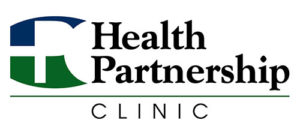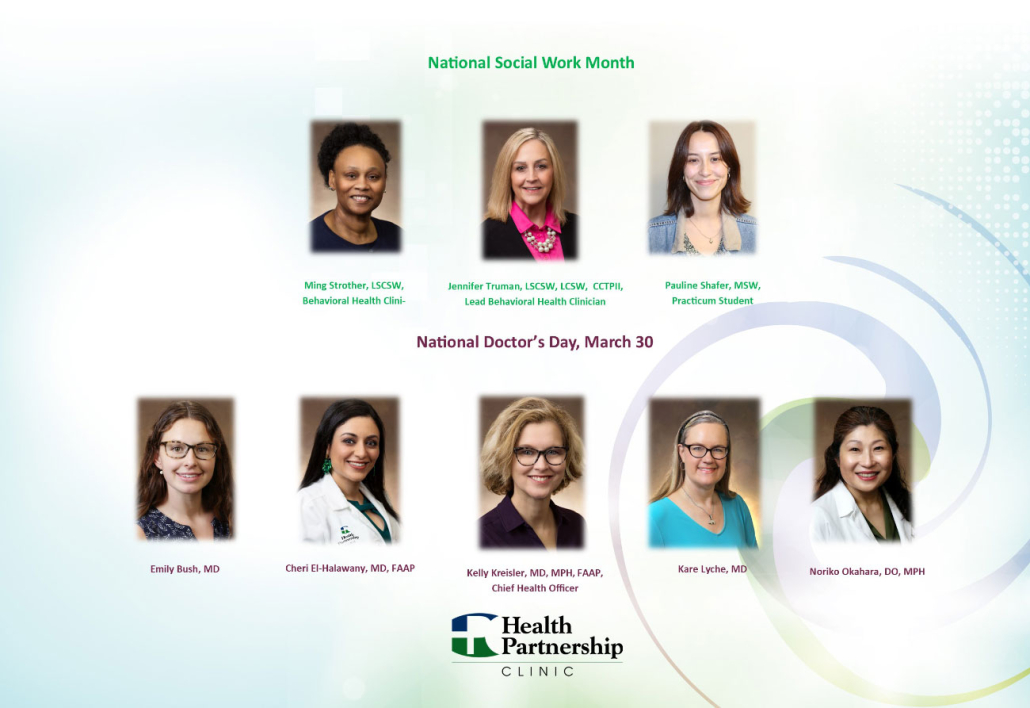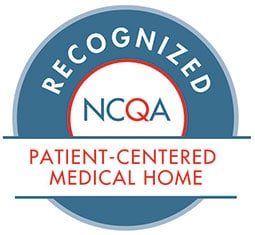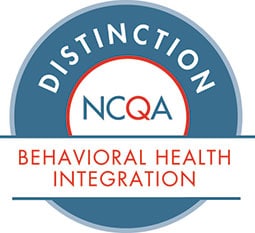HPC Salutes Staff During National Recognitions
By Debbie Sparks, Development and Marketing Manager
National Social Work Month
March is Social Work Month and is a time to acknowledge the work that this profession has contributed to our society and across the globe. This year’s theme is “Empowering Social Workers.”
The need for social workers is great. There are nearly 720,000 social workers in our nation and more than 4,700 social workers in the state of Kansas. That number is expected to grow by 12 percent by the end of the decade, making social work one of the fastest growing professions in the nation, according to the Bureau of Labor Statistics.
Social workers have been an integral part of our nation for decades. Social workers played key roles in the Civil Rights and Women’s Rights movements and pushed for social programs we now take for granted, including the minimum wage, a 40-hour work week, Social Security and Medicare. People are entering the field because the life-affirming services that social workers provide are needed more than ever. Empowered social workers inspire action and lead change.
Thank you to HPC’s Social Workers, Ming Strother, LSCSW, Behavioral Health Clinician, and Jennifer Truman, LSCSW, LCSW, CCTPII, Lead Behavioral Health Clinician, and Pauline Shafer, MSW Practicum Student, University of Kansas.
National Doctor’s Day, Saturday, March 30
National Doctor’s Day is celebrated on March 30 annually in the United States to honor physicians for the work they do for their patients in their communities and for society.
- There are over a million physicians in the United States.
- The education and training of physicians typically includes four years of college, four years of medical school, three to five years of residency training in the chosen specialty and one to three years of additional training for sub-specialists.
- There are two different but equivalent degrees doctors can earn: Doctor of Medicine (MD) or Doctor of Osteopathic Medicine (DO).
- The training years are difficult with long work hours of often 80 hours per week, low pay and many overnight shifts in the hospital. In addition, the highest levels of professionalism, conduct and ethics are expected of doctors.
- Areas of practice include the primary care specialties such as family medicine, internal medicine and pediatrics. Other specialties include surgery, obstetrics and gynecology and psychiatry. There are well over 100 specialties and sub-specialties in the United States.
- The specialty that sees the most patients during office visits is family medicine.








